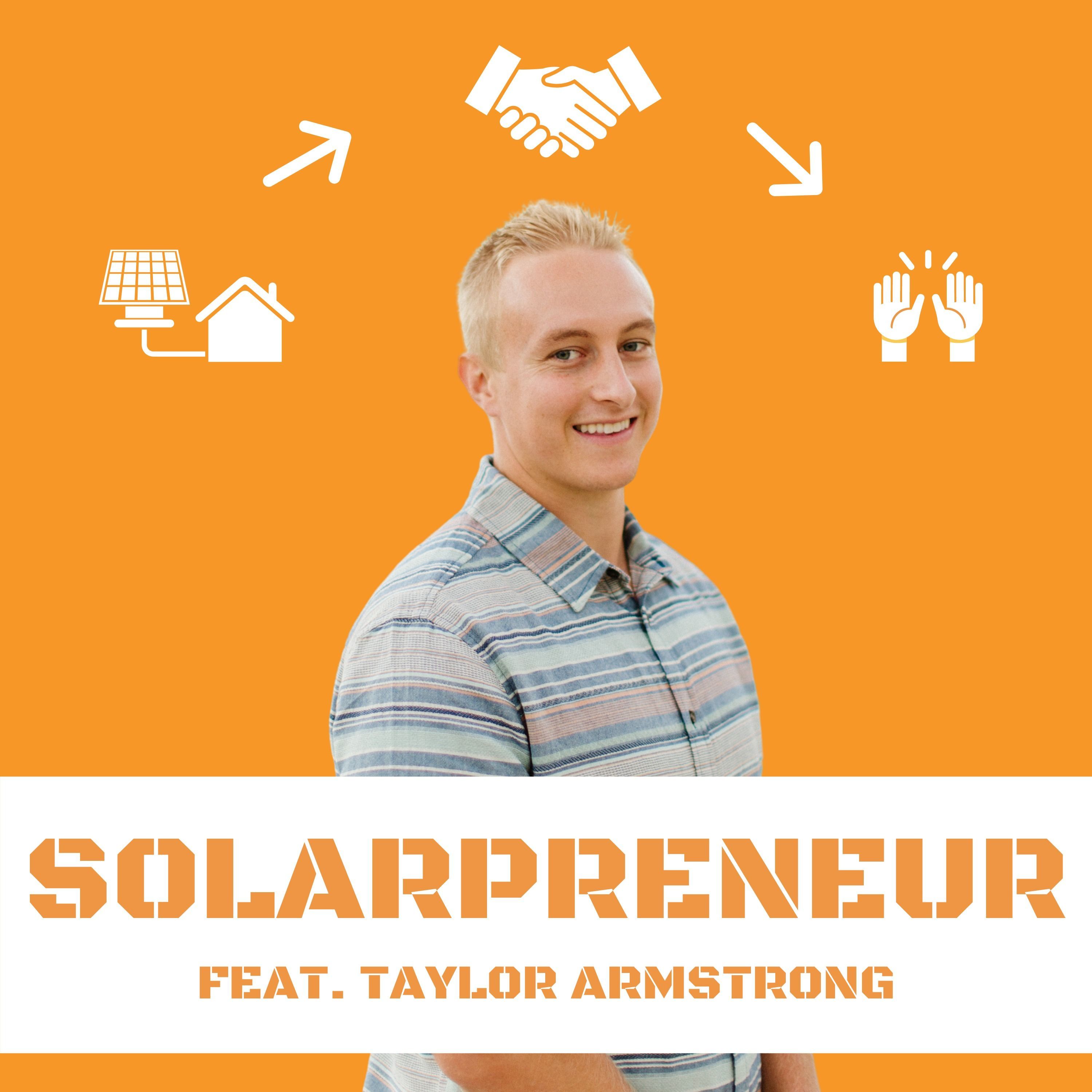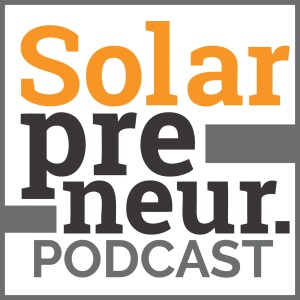
- Podcast Features
-
Monetization
-
Ads Marketplace
Join Ads Marketplace to earn through podcast sponsorships.
-
PodAds
Manage your ads with dynamic ad insertion capability.
-
Apple Podcasts Subscriptions Integration
Monetize with Apple Podcasts Subscriptions via Podbean.
-
Live Streaming
Earn rewards and recurring income from Fan Club membership.
-
Ads Marketplace
- Podbean App
-
Help and Support
-
Help Center
Get the answers and support you need.
-
Podbean Academy
Resources and guides to launch, grow, and monetize podcast.
-
Podbean Blog
Stay updated with the latest podcasting tips and trends.
-
What’s New
Check out our newest and recently released features!
-
Podcasting Smarter
Podcast interviews, best practices, and helpful tips.
-
Help Center
-
Popular Topics
-
How to Start a Podcast
The step-by-step guide to start your own podcast.
-
How to Start a Live Podcast
Create the best live podcast and engage your audience.
-
How to Monetize a Podcast
Tips on making the decision to monetize your podcast.
-
How to Promote Your Podcast
The best ways to get more eyes and ears on your podcast.
-
Podcast Advertising 101
Everything you need to know about podcast advertising.
-
Mobile Podcast Recording Guide
The ultimate guide to recording a podcast on your phone.
-
How to Use Group Recording
Steps to set up and use group recording in the Podbean app.
-
How to Start a Podcast
-
Podcasting
- Podcast Features
-
Monetization
-
Ads Marketplace
Join Ads Marketplace to earn through podcast sponsorships.
-
PodAds
Manage your ads with dynamic ad insertion capability.
-
Apple Podcasts Subscriptions Integration
Monetize with Apple Podcasts Subscriptions via Podbean.
-
Live Streaming
Earn rewards and recurring income from Fan Club membership.
-
Ads Marketplace
- Podbean App
- Advertisers
- Enterprise
- Pricing
-
Resources
-
Help and Support
-
Help Center
Get the answers and support you need.
-
Podbean Academy
Resources and guides to launch, grow, and monetize podcast.
-
Podbean Blog
Stay updated with the latest podcasting tips and trends.
-
What’s New
Check out our newest and recently released features!
-
Podcasting Smarter
Podcast interviews, best practices, and helpful tips.
-
Help Center
-
Popular Topics
-
How to Start a Podcast
The step-by-step guide to start your own podcast.
-
How to Start a Live Podcast
Create the best live podcast and engage your audience.
-
How to Monetize a Podcast
Tips on making the decision to monetize your podcast.
-
How to Promote Your Podcast
The best ways to get more eyes and ears on your podcast.
-
Podcast Advertising 101
Everything you need to know about podcast advertising.
-
Mobile Podcast Recording Guide
The ultimate guide to recording a podcast on your phone.
-
How to Use Group Recording
Steps to set up and use group recording in the Podbean app.
-
How to Start a Podcast
-
Help and Support
- Discover

This Coach is Getting Insane Results (without knowing d2d sales) - Mike Szczesniak
DOWNLOAD SOLCIETY APP NOW!
BUY YOUR D2DCon Ticket Here
Use the code ArmstrongD2D to get a Solarpreneur Exclusive DISCOUNT!
Thanks to our friends at Pi Syndicate for sponsoring this episode!
-----------------
Speaker 1 (00:02):
Welcome to the Solarpreneur podcast, where we teach you to take your solar business to the next level. My name is Taylor Armstrong and I went from $50 in my bank account and struggling for groceries to closing 150 deals in a year and cracking the code on why sales reps fail. I teach you to avoid the mistakes I made and bringing the top solar dogs, the industry to let you in on the secrets of generating more leads, falling up like a pro and closing more deals. What is a Solarpreneur you might ask a Solarpreneur is a new breed of solar pro that is willing to do whatever it takes to achieve mastery and you are about to become one.
Speaker 2 (00:42):
What's going on. So premiers today, we have a very special episode coming. We are here alive with my friend, a high performance coach, Mike and I just double checked his last name before we started the call. It's Mike Szczesniak. Mike, thanks for hopping on the podcast here with us today.
Speaker 3 (00:59):
Taylor, thanks for having me brother looking forward to this. Yeah.
Speaker 2 (01:02):
And then yeah, it's been a, a little bit common here. Mike, I know you've been helping out a ton of reps and managers, all types of people in the solar industry, and it's been pretty crazy just hearing your results. You know, we have a mutual friend, Mikey Lucas, I know you've helped him out a ton. He was on the podcast and was just raving about you, how you've been able to just help reps turn it around and achieve, you know, and seen results. And what's even more cool about it is we were just talking before this you've have you even knocked a door yourself, Mike, have you even done door to door yourself?
Speaker 3 (01:35):
Not to sell anything? Which is like, I, I gotta be really careful. I like M and M eight mile this thing, like, I, I don't claim to be a door to door sales guy. I just claim to know how to help. 'em Make a lot more money than they're currently making . Right. So but yeah, Mikey's the reason that we got into this space, which I'm sure we'll dive into, but yeah. Yeah, I've been in sales my whole life, right. Starting in eighth grade. My first job was selling retail. I built like started my first comp for anyone watching the video, like these duct tape wallets in fifth grade. So like I've been selling my whole life. But yeah, not door to door. So like can't even compare I sell on zoom and on the phone. So my job's way easier than y'all, but our systems sell really expensive problems for our clients. So
Speaker 2 (02:24):
Yeah. Well, that's awesome. I think it just goes to show for me, like you don't have to be like you don't have to be a master door to door guide and be able to coach people. And I know we'll get into that more, but I think a lot of what you do is help guys turn their mindsets around and just really achieve the right kind of mindset they need out on the doors, out closing deals. And that just was the show. I think that's probably, you know, 80% of the game is just getting your mind right. And getting all the thing that's happening above right as you go out there. But no. So we'll dive into all that and excited to kind of hear about your background, Mike, he has a podcast he's been coaching. How long have you had your coaching business going on now? Mike?
Speaker 3 (03:04):
Geez. Four or five years. And working with door to door specifically. I mean we niche fully into door to door during COVID. So I guess that's like year and a half come on two, two years or so that
More Episodes
 2023-07-11
2023-07-11
 2023-06-13
2023-06-13
 2023-06-06
2023-06-06
 2023-06-02
2023-06-02
 2023-05-30
2023-05-30
 2023-05-23
2023-05-23
 2023-05-16
2023-05-16
 2023-05-12
2023-05-12
 2023-05-02
2023-05-02
Create your
podcast in
minutes
- Full-featured podcast site
- Unlimited storage and bandwidth
- Comprehensive podcast stats
- Distribute to Apple Podcasts, Spotify, and more
- Make money with your podcast
It is Free
- Privacy Policy
- Cookie Policy
- Terms of Use
- Consent Preferences
- Copyright © 2015-2025 Podbean.com




